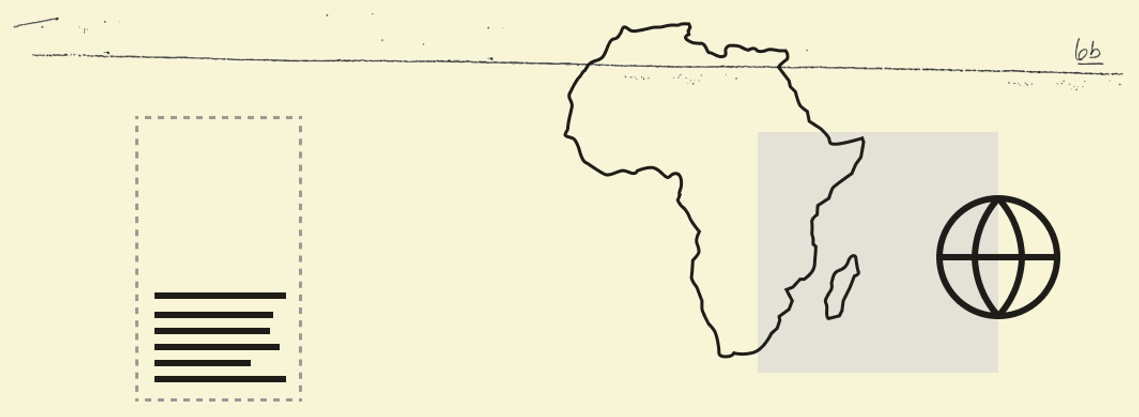 Business & Macro🇰🇪 Kenya’s economy grew 4.9% in the first quarter of 2025, with the agriculture sector posting the highest year-on-year growth rate. 🇳🇬 The International Monetary Fund said Nigeria should revise its 2025 budget using an oil price benchmark below the $75 per barrel the original budget was based on, given an ongoing slide in global oil prices. Climate & Energy🇿🇼 A system failure at two of Zimbabwe’s power stations caused a nationwide blackout on Thursday amid interrupted electricity imports from South Africa, Zambia, and Mozambique. 🇰🇪 Kenya’s electricity transmission company KETRACO nearly doubled its revenues from electricity transmission fees to $40 million in the year ended June 2024. Geopolitics & Policy🇲🇱 The Malian junta’s military-appointed parliament granted ruler Assimi Goïta a new five-year term that can be renewed “as many times as necessary.” 🇸🇸 The US Supreme Court on Thursday allowed the Trump administration to deport eight men who have been held in Djibouti to South Sudan. 🇨🇲 Two former ministers who served under Cameroon’s 92-year-old President Paul Biya have declared their intentions to run for president after leaving his cabinet. Tech & Deals🇳🇬 African mobility startup Moove is looking to raise $1.2 billion in a debt round for a rollout of Waymo self-driving cars in the US, Bloomberg reported. 🌍 The UK’s British International Investment committed $1.49 billion to African companies in 2024, more than 50% its 2023 total, it said. |